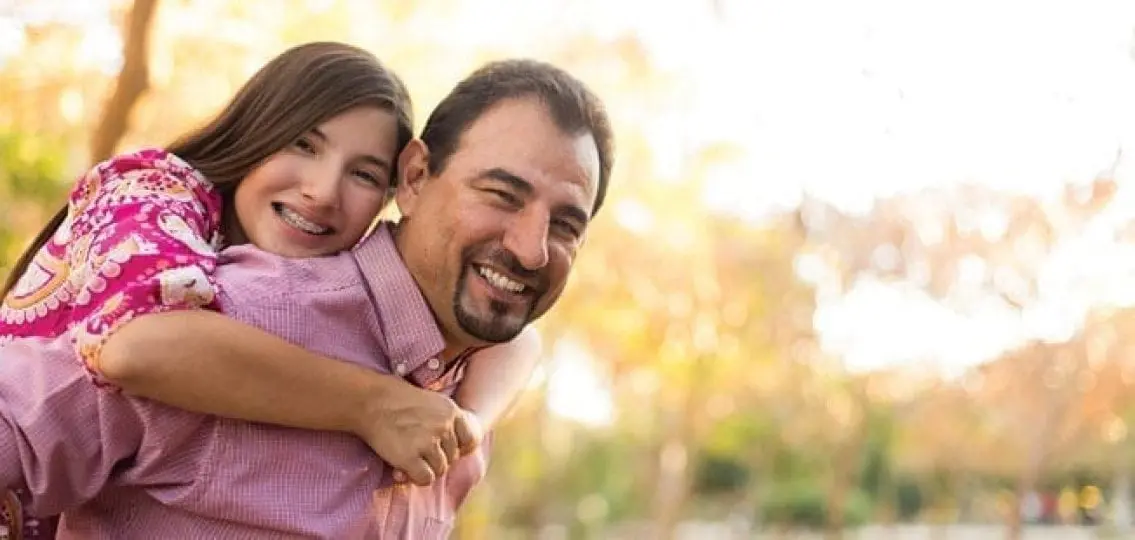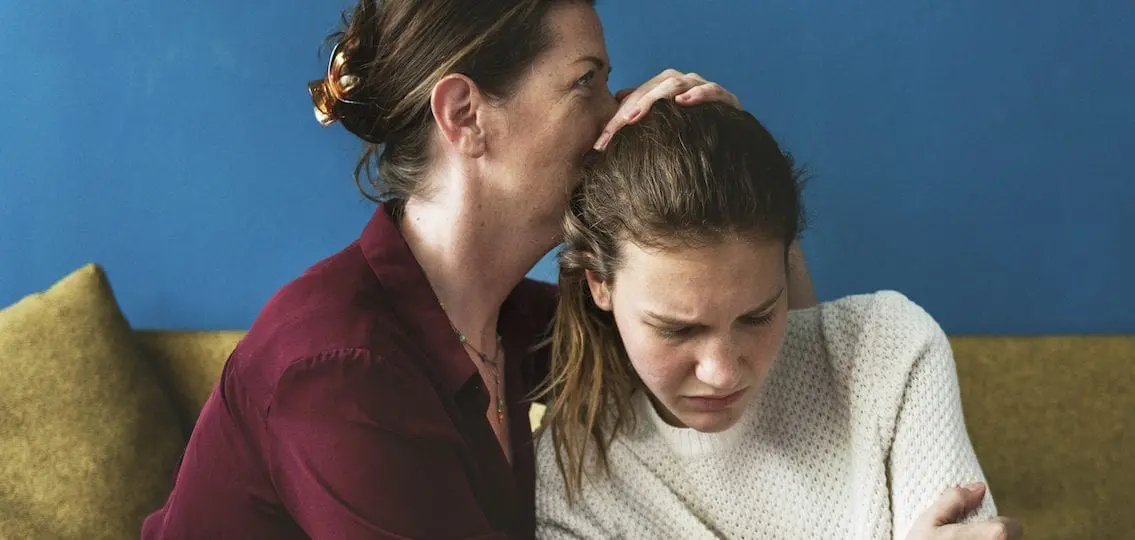In a recent episode of Real Housewives of Orange County, Kelly Dodd, who is divorcing her husband, cries to her daughter over her ex—her teen’s father—and her dating woes.
Big mistake.

“It’s never a good idea to turn your child into a confidant,” says Rosalind Sedacca, a divorce and co-parenting coach, and founder of The Child-Centered Divorce Network.
“As soon as an adult confides in their teen, you rob them of their childhood because you are putting them in an adult conversation that they are not prepared for emotionally or psychologically. They may then think they need to protect a parent or take sides, but they are trying to fix a situation which is out of their control and that can create a lot of stress.”
[adrotate banner=”70″]
The key to managing the chaos of divorce for tweens and teens is to try to keep as much stability in their lives as possible, Sedacca says.
That means trying to keep them in the same schools with the same activities. And, helping them see their cousins or grandparents. She also suggests keeping traditions intact, like Christmas and birthdays, so they don’t feel punished for your divorce.
Your tweens and teens will likely be angry. It’s important to listen and show empathy, but also convey they are not responsible for fixing the situation or in charge of making decisions about with whom and where they live. In fact, asking who would you rather live with is a no-win situation, according to Sedacca.
Talking With Your Teens About Divorce:
You might know what not to say, like messages that bash your spouse. But knowing what to say can be even harder. Here are some suggestions from Sedacca.
“We are working everything out for our divorce. We don’t have all the details yet, but we’ll let you know. We don’t want you to worry, or feel burdened. We will take care of it.”
“I understand what you are saying. I know why you are so angry with dad (or mom). We are going to be working together and with our attorney on this and will revisit it again.”.
“We have discussed the issues, and taken your feelings into consideration, but for now we’ve decided to do….”
Communicating like this helps avoid teenage power plays.
Teens can try to play one parent against the other. They may side with one parent and reject the other parent who they consider to be less powerful. They can threaten: “I’m going to tell dad you were flirting with the cable guy, if you don’t buy me a car.” Or, “I don’t like what you did, so I’m not taking care of my younger brother.”
Divorce can be hard on teens. Some teens get depressed, have nightmares, misbehave in school, resort to drugs, or bully others. If a parent sees any changes in behavior, they should connect with a coach or therapist as soon as possible.
The more parents agree about family rules and discipline, bedtime, chores, and homework, the easier it will be for children to comply, accept, and move forward with the transitions of divorce says Sedacca.
3 Questions to Maintain Perspective:
It’s easy for parents to lose perspective during a divorce. To stay grounded and focused, they should ask themselves these three questions regularly:
1. Do I love my children more than I hate or dislike my ex?
The answer should be yes. If you aren’t clear that you love your kids more, you may end up making decisions that will leave scars with your children.
2. Would I still be making these same parenting decisions if we were still married?
Let’s say your ex wants to continue to take your teen on an annual fishing trip. If you fight it, then you are more focused on hurting your ex than helping your child.
3. What will my tween or teen say about our divorce when they are an adult?
If you know that you will be held accountable for your actions and words, you are more likely to make decisions for the right reasons.

“Divorce doesn’t scar children,” says Sedacca. “It’s how parents approach or handle the divorce that does the damage—not the divorce itself.”




